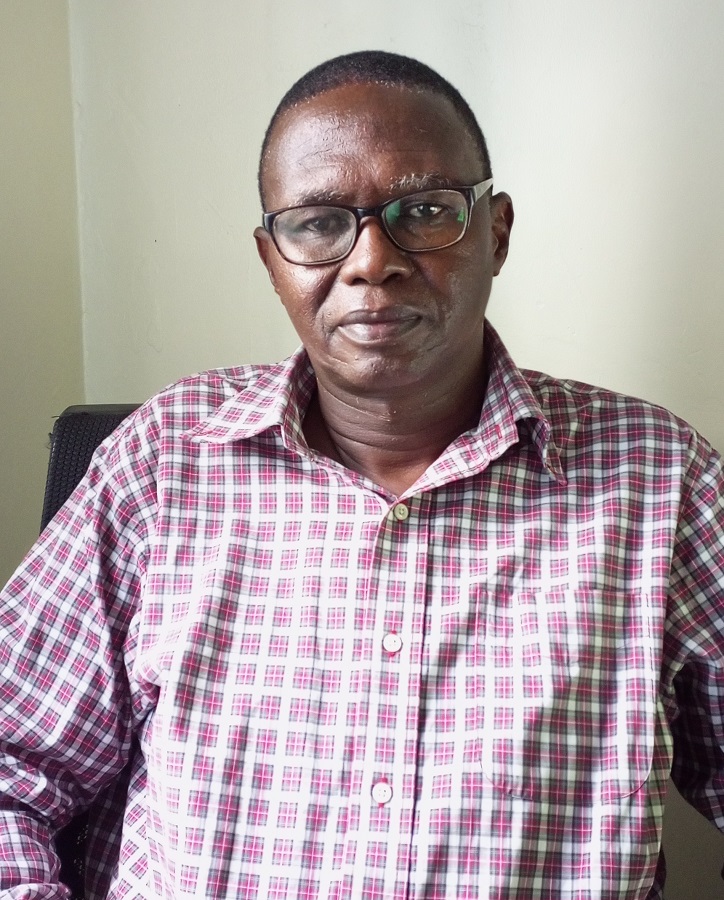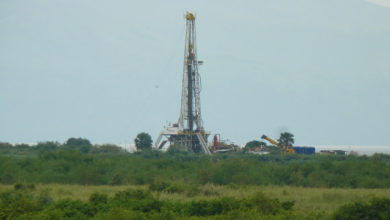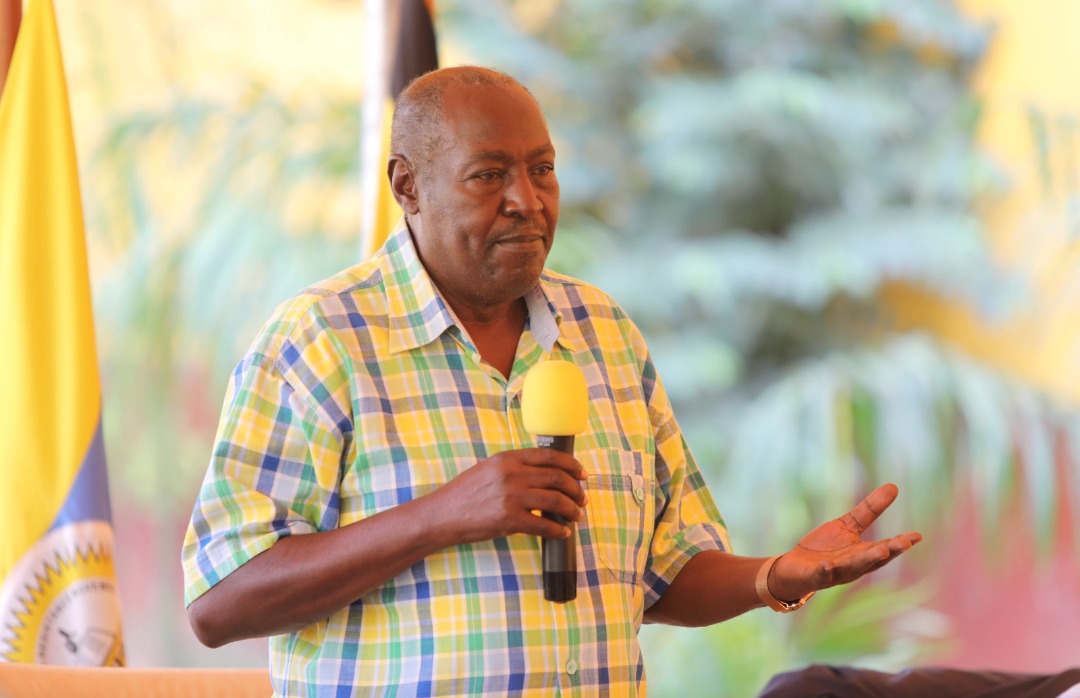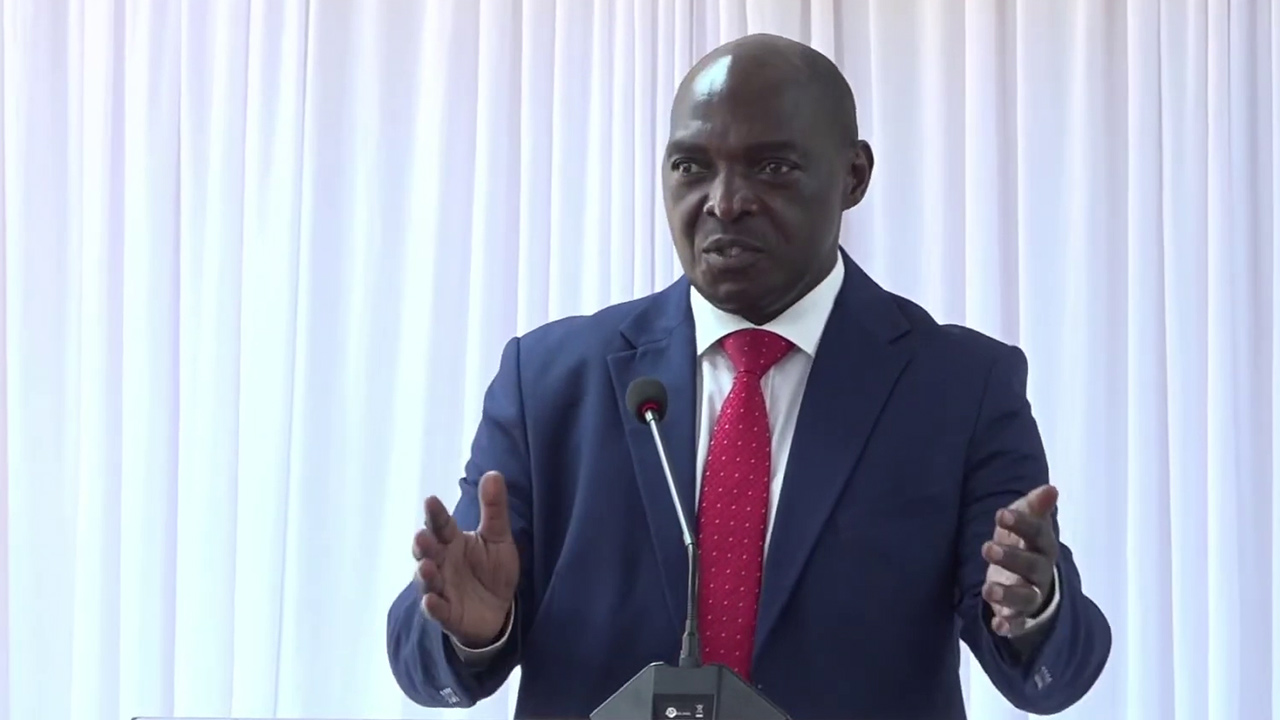Reviving indigenous knowledge for key sustainable development in Uganda
The global crises we face today climate change, food insecurity, biodiversity loss, wars, and rising inequality cannot be solved by fragmented, imported models of education alone. They require holistic thinking, cultural grounding, and ecological wisdom.

When we speak of knowledge integration, we must not look far. The clearest examples lie in the wisdom and practices of our local and indigenous communities. For centuries, farmers, fishermen, craftspeople, hunters, blacksmiths, and traditional leaders have lived and taught through systems that were both practical and holistic.
This was the knowledge of our ancestors applied daily in farming, community conflict resolution, child upbringing, marriage counseling, apprenticeship, carpentry, ironwork (called blacksmithing by colonialists), hunting, knitting, mat-making, and countless other skills. Learning happened through participation, observation, and mentorship across generations. This was education by life itself a system rooted in values, identity, and functionality.
This indigenous approach truly embodied integrated knowledge. Unlike prominent modern schooling, traditional societies understood that life challenges are integrated. Farming was not only about producing food but about respecting seasons, conserving soils, and protecting rivers.
Conflict resolution was not only about peace but about restoring dignity and balance in communities. Initiation into adulthood was not just about rites but about responsibility and service. Knowledge was not broken but it was lived, and it sustained both people and nature.
Unfortunately, much of this was eroded when colonial education was imposed on African societies. The new schooling system often dismissed Indigenous knowledge as original, replacing it with imported models that emphasized memorization over functionality and certificates over skills. It was an education that uprooted communities from their ecological and cultural realities, leaving them dependent on external ideas, technologies, and markets. In many ways, it was a disgrace system.
Today, we see universities and colleges in Africa introducing programs that focus on knowledge integration, interdisciplinary studies, and sustainability. These initiatives are necessary. But an important question remains: How will this education translate into real community development, human growth, and improved livelihoods?
We are still waiting to see whether such programs can meaningfully address urgent challenges: food insecurity, climate change, unemployment, malnutrition, biodiversity loss, conflict, and declining cultural identity. The ultimate measure of education should not be the number of degrees conferred but its ability to solve the problems communities face in daily life.
Over the past few decades, the number of universities and colleges in Africa has grown rapidly. But when we critically evaluate their impact, the results are mixed.
Farming: Have we achieved more food security? Or are we producing genetically modified crops while importing processed foods and chemical inputs that damage our health and soils?
Environmental Conservation: Are we restoring forests, wetlands, and rivers, or are we losing biodiversity at alarming rates?
Technology: Are we developing technologies suited to our local needs, or are we dependent on foreign imports that come with hidden costs?
In reality, the contribution of western education in these sectors remains limited. Instead of becoming self-reliant, many African countries are increasingly dependent on imported seeds, fertilizers, machinery, and food products. The dryness is striking: despite our fertile lands and rich biodiversity, we are facing hunger, malnutrition, and rising cases of cancer linked to chemical-loaded and polluted diets.
Perhaps the only field where western education has made notable contributions is in human medicine. Yet even here, one must ask: “are we not treating diseases that often turn out from the very modern systems industrialized food, polluted environments, and stressful urban living that education itself has promoted?”
It is impossible to separate human health from the health of our environment. When our soils are drained, when rivers are polluted, when biodiversity is lost, when food is processed and toxic, people cannot prosper. We cannot expect to have strong, resilient communities when our surroundings are sick.
Education that does not integrate this ecological truth is incomplete. Our ancestors understood this deeply. Their farming methods refilled the soils. Their diets were diverse and organic. Their conservation practices ensured that sacred natural sites, rivers, and forests remained intact for generations.
Reviving Inter generational Learning
At the heart of functional education lies inter generational learning. Our ancestors passed knowledge from elders to youth through lived experiences. This system was not only efficient but also ensured continuity of culture, ethics, and identity.
Imagine if today’s schools combined reading and writing with practical skills like farming, carpentry, herbal medicine, fishing, weaving, or ecological conservation. Imagine if young people learned to code and also to conserve soils; to use modern science while also respecting Indigenous wisdom. That would be true integration of knowledge not replacement, but reinforcement.
Reviving Indigenous knowledge alongside modern science is not a backward step. It is moving forward with balance. Our ancestors practiced integrated knowledge that sustained communities for centuries. They lived in harmony with nature, built resilient societies, and developed skills that ensured survival and dignity.
If modern education is to remain relevant, it must reconnect with this foundation. It must shift from being purely academic to being functional, practical, and life-giving. It must equip learners not only for employment but for community service, ecological stewardship, and innovation rooted in cultural values.
The global crises we face today climate change, food insecurity, biodiversity loss, wars, and rising inequality cannot be solved by fragmented, imported models of education alone. They require holistic thinking, cultural grounding, and ecological wisdom. They require knowledge systems that see the interdependence of humans, communities, and nature.
The writer, Tabaro Dennis Natukunda, is the Executive Director for African Institute for Culture and Ecology (AFRICE)







